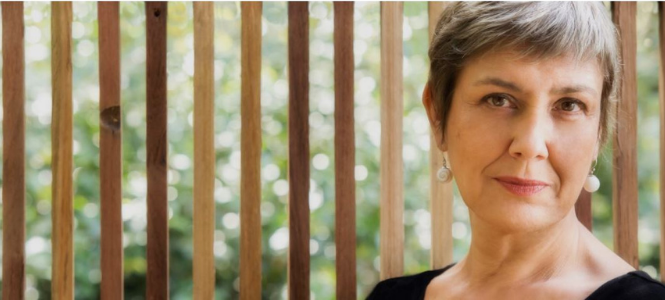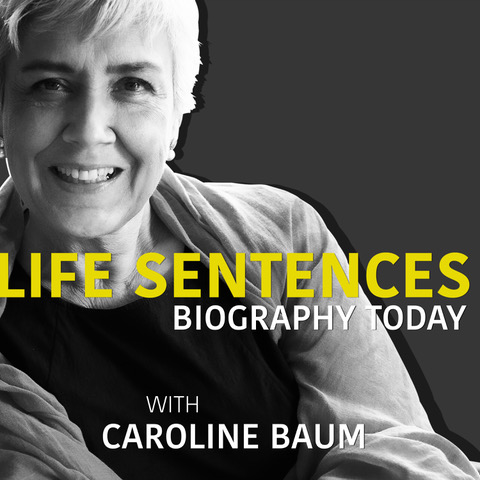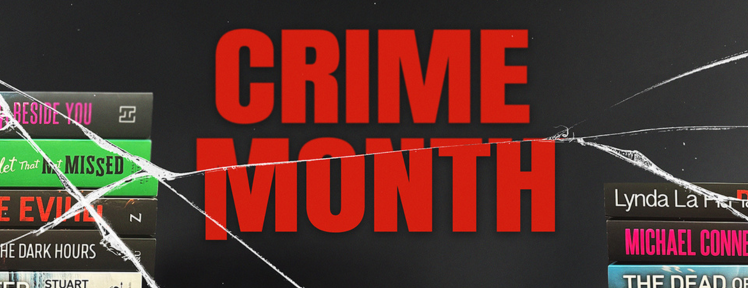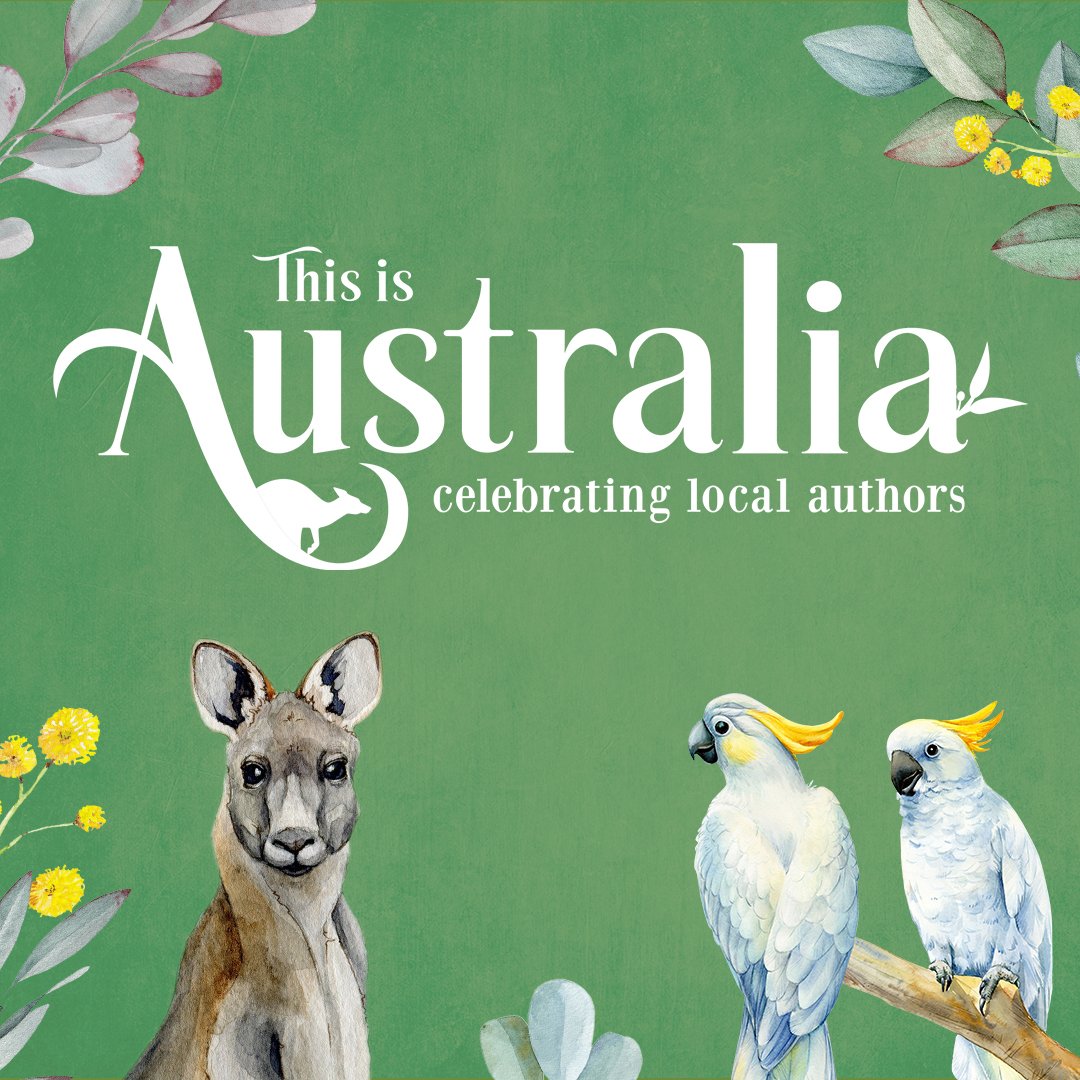
Caroline Baum is a respected journalist and presenter. She has worked for the BBC, ABC, Time Life Books, Vogue magazine (UK and Australia), was the founding editor of Good Reading magazine and the Editorial Director of Booktopia. She has been a judge of the Stella Prize, the Ned Kelly and Kibble Awards, and is the author of a memoir, Only: A Singular Memoir.
Today, Caroline Baum is back on the blog to tell us about an exciting project she’s been working on: a new biography-focused podcast series called Life Sentences. Read on!
If you’re a stickybeak like me, biography is your genre. I love to read about how other people navigate disadvantage or success, defy family expectations, find their purpose, express their creativity, defeat a prejudice, lead a nation, discover a cure. Understanding the flaws and weaknesses that are often a hidden aspect of achievement is somehow comforting, a reminder that we all stumble.
For several years, I’ve been struggling with writing a biography. Hitting all sorts of obstacles and roadblocks made me wonder how other biographers found the skills and resilience to keep going. Unable to pursue my project because of COVID travel restrictions, I decided to set my problematic manuscript aside and ask some of the best in the biz for tips. I call it my procrasti-project, a cunning way of avoiding what I should be doing, with a perfectly legitimate side-hustle.
In this first series of Life Sentences, I’ve talked to eight Australian biographers; among their subjects are a misunderstood figure from Tasmanian Indigenous history (Cassandra Pybus: Truganini: Journey through the Apocalypse), a Maori rugby player (Patrick Skene: The Big O), and a woman who learned how to help phobia sufferers (Judith Hoare:
The Woman Who Cracked the Anxiety Code).
That range of subject matter is a reflection of how broad the biography category is: it embraces the scholarly as well as the popular. And it’s a dynamic genre, subject to trends that breathe fresh air into the category as newcomers test its boundaries.
Along the way, I’ve learned that for some biographers, their subject’s relatives can be a problem after their death; that royal archives are not co-operative; that an authorised biography can present as many opportunities for friction as an unauthorised biography. That the terrain is booby-trapped morally and psychologically. And that it requires the stamina , the commitment of a marathon runner and money.
Some biographers favour borrowing from the novelist’s toolkit to ramp up narrative tension and amplify characterisation. Others deploy the methods of a forensic psychiatrist. Purists oten pooh-pooh the quest model, in which the biographer places themself within the narrative, but personally, I find that kind of approach quite appealing, if the biographer has enough personality to justify their presence on the page. No one does this more entertainingly than British writer Geoff Dyer in his infuriating but hilarious Out of Sheer Rage, which is meant to be about D. H. Lawrence but ends up being about Dyer, because frankly, he finds himself more interesting than his subject (as only an only child can, I say that speaking from experience).
Despite lots of new players entering the field, there is still a lack of author diversity in current Australian biography; we need more Indigenous voices telling the stories of Indigenous figures as Alexis Wright did in her epic, multi-perspective biography Tracker, the remarkable collective portrait of Northern Territory activist Leigh Tilmouth, which demonstrated a different way of telling the story of a life rich in anecdote and cultural significance.
There is no road map for biography, although every one seems to agree a timeline is a good starting point. After that, it’s very personal. Some people begin by walking the terrain that their biography will cover; others prefer to dive into archives or undertake extensive interviews. It’s this endless variety of approach that makes the genre so intriguing to me. Even though the COVID year is over, I am extending my procrasti-project; the second series is already in the planning stages.
—Life Sentences is available wherever you get your podcasts, starting March 29.






 What do we know about the Boy Swallows Universe Netflix show?
What do we know about the Boy Swallows Universe Netflix show?  Booktopia’s top thrilling fiction picks for Crime Month
Booktopia’s top thrilling fiction picks for Crime Month  Booktopia’s Top First Nations Book Recommendations for 2023
Booktopia’s Top First Nations Book Recommendations for 2023
Comments
No comments